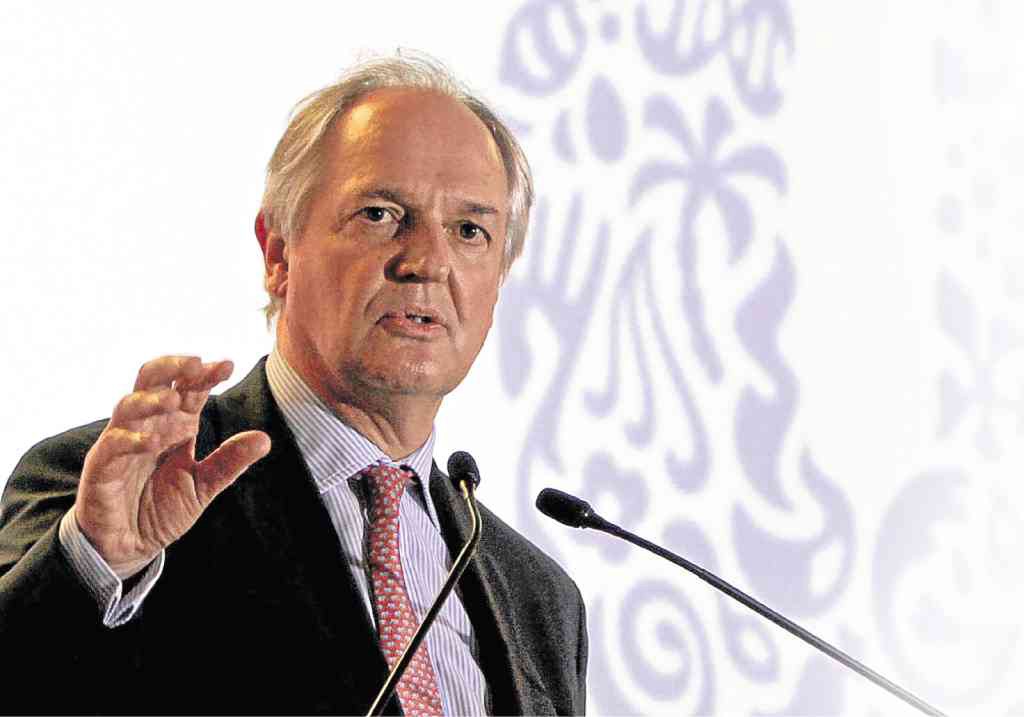Environmentally friendly soaps, water-pump installations in sub-Saharan Africa and advertisements without gender stereotypes. And a belief that promoting health and happiness in emerging markets will create millions, or billions, of new customers. Unilever, the $170 billion consumer goods giant, is experimenting with impact at the “greatest of industrial scales,” write Bloomberg’s Thomas Buckley and Matthew Campbell in a deep dive into the company’s strategies.
Unilever beat back a $143 billion takeover bid earlier this year from the Kraft Heinz Co. (controlled by private equity firm 3G Capital with Warren Buffett’s Berkshire Hathaway). The firm is now locked in an existential pursuit to show that “sustainability” can, literally, deliver the goods.
By 2020, Unilever aims to cut its environmental footprint in half and double sales by encouraging health and hygiene in emerging markets.
Unilever’s green brands, such as Seventh Generation, accounted for 60% of sales growth in 2016. Energy use per metric ton of production is down 25%, saving $472 million. Water use has fallen even more. The company sends zero garbage to landfills across 600 factories and offices — reaping savings of $240 million. Is that enough to hold off the raiders?
Since CEO Paul Polman took over in 2009, sales have climbed to nearly $63 billion from $48 billion, with profit margins of around 18%, “healthy, if unspectacular.” Its stock, which trades under the NYSE ticker “UN,” is up over 100% in the last five years (excluding dividends). The key to the corporate experiment: the long-term sovereign-wealth and pension funds that are Unilever’s largest investors.











